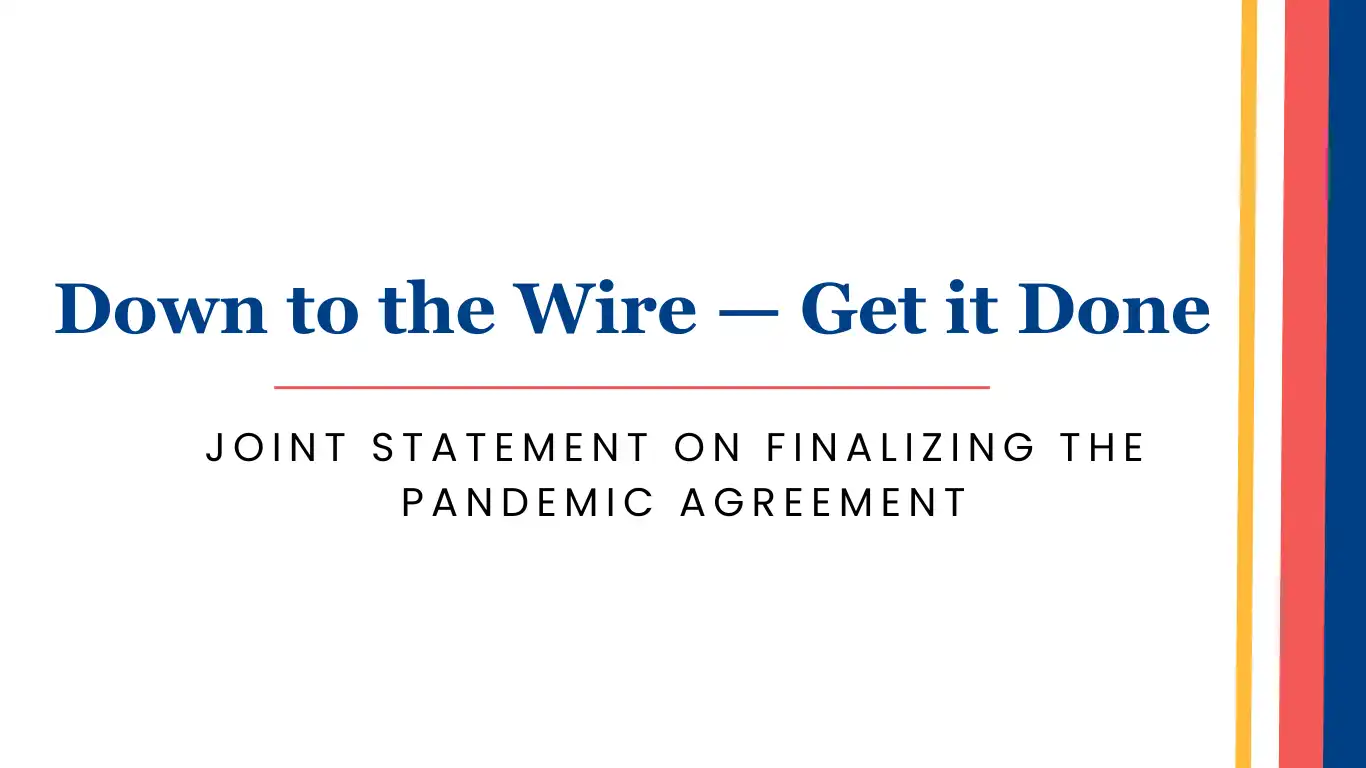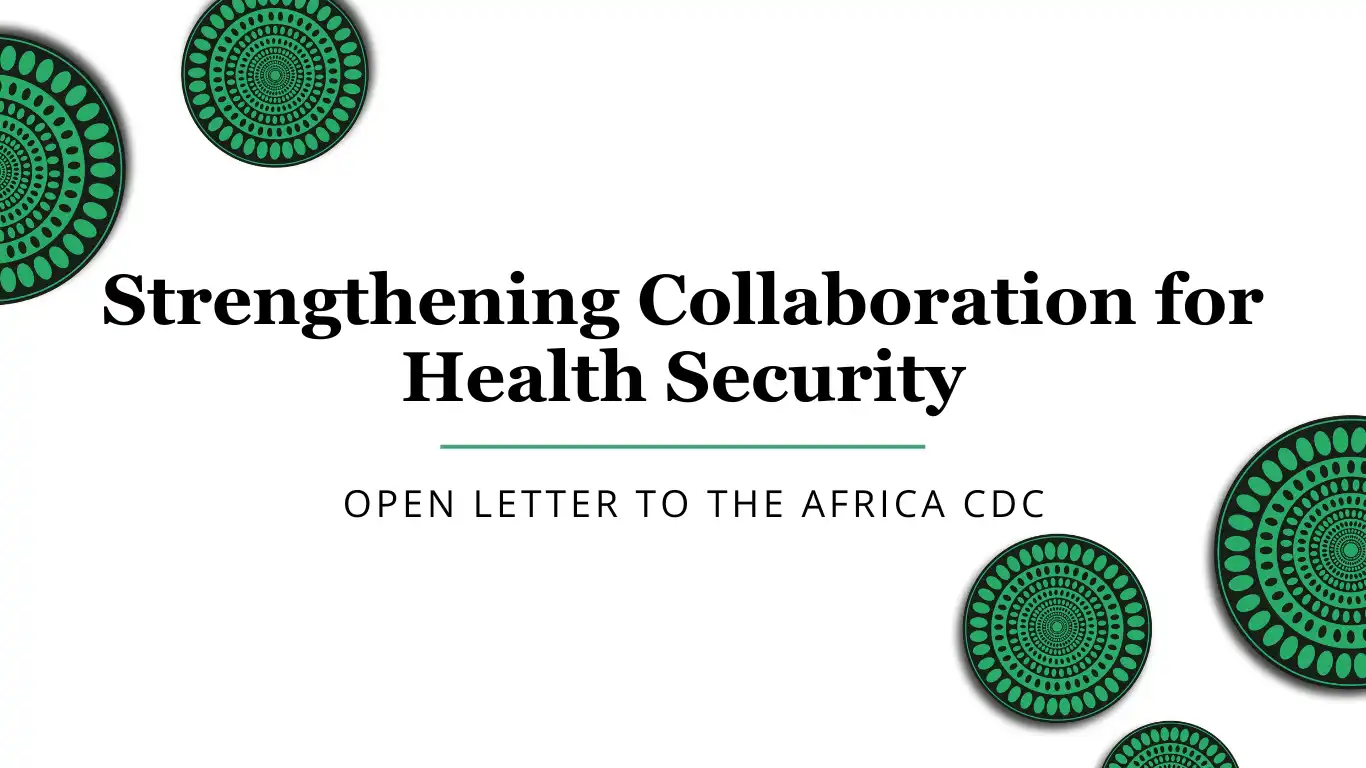Pandemic Action Network, together with Resilience Action Network Africa, helped collate and analyze mpox outbreak and response data throughout the early and acute phase of the public health emergency. Our Mpox Insights & Actions: Making Sense of Mpox Trackers has highlighted actionable insights based on analysis of key trackers and has provided priority recommendations for effective and timely outbreak responses. More concerted work is needed to end the mpox emergency, and we will continue to monitor and report on progress and challenges. Updates and analysis will be published on an as-relevant basis during this phase of the outbreak.
Jan. 28, 2025 Update
Editorial Note: The following PAN analysis is current as of Jan. 28, 2025, and based on mpox tracker data from: WHO (Updated Jan. 24, 2025), Africa CDC Mpox Briefing (Updated Jan. 23, 2025), IPPS (Updated Nov. 21, 2024), Africa CDC Mpox Dashboard (as of 2025, Week 3), Duke University (Updated Jan. 10, 2024), and Think Global Health (Updated Jan. 23, 2025).
PRIORITY RECOMMENDATIONS
- Continue to increase transparency and information-sharing on total mpox response funding and country-level allocation, as well as vaccine need, access, and delivery. Timely and aggregated information continues to be needed on mpox response funding and allocation, along with vaccine needs and allocation to fuel transparency and accountability for donor governments, global institutions, and African countries. As coordinators of the continental and global response, Africa CDC and WHO must continue to take steps to proactively and publicly share mpox funding information. Critical information is still missing on the Africa CDC dashboard including: how funding is used and where, allocation decision processes, and why certain gaps remain. Information is also lacking on mpox vaccine needs, as well as the composition and decision-making processes of the i-MCM-net mpox Access and Allocation Mechanism (AAM), especially to underscore allocation decisions and how up-to-date needs and epidemiological trends are fueling decision-making, grounded in equity.
- Drive targeted, community-centered efforts for mpox vaccination and other interventions. More focus is needed to make sure interventions — from vaccines to infection prevention and control (IPC) — reach the most at-risk and vulnerable populations, including children. This will require purposeful and scaled-up efforts for community engagement with high-risk groups to co-design effective outreach strategies. Efforts must be taken to ensure campaigns are tailored to address specific concerns, counteract misinformation, and provide clear, accessible information on the risks, safety procedures, and vaccination benefits.
- Double down on non-vaccine interventions to curb the spread of mpox in vulnerable communities and high-risk settings. Focus and funding for the many other interventions that can help curb the spread of mpox at the community level, tailored to meet the needs of the most at-risk and vulnerable, is urgently needed. This includes additional community health workforce to enhance contact tracing; increased access to diagnostics; water, sanitation, and hygiene interventions; and scaled up efforts to work with communities to understand their needs and prevent the spread of infection.
SITUATION
2024-2025 Outbreak
- Since the beginning of 2024, 21 countries on the African continent reported 19,274 confirmed mpox cases as of Jan. 28, 2025.
- Confirmed cases in the Democratic Republic of the Congo (DRC) — the outbreak’s epicenter — have reached 13,459.
- The mpox cases in Burundi, the country with the second-highest number of cases after the DRC, are showing signs of a plateau, with no significant increase or decrease.
- Mpox cases in Uganda have reached 2,031, with the highest numbers reported in Kampala and the districts of Nakasongola and Mbarara. Severe cases are largely occurring among individuals with weakened immune systems.
- Angola, Guinea, and Liberia have recently joined the list of countries in the control phase of the outbreak, bringing the total number of countries not reporting new cases to eleven.
Response
- Only 7.89% of the 5.39 million vaccine doses pledged have arrived in Africa to date.
- Vaccination efforts are ongoing in Nigeria, DRC, and Rwanda, with the Central African Republic (CAR) launching a campaign on Jan. 18, 2025. To date, CAR has received 2,300 of 12,300 allocated vaccine doses.
Laboratory testing in the African continent has greatly improved, with over 90% of suspected cases being tested in most countries. Testing rates in the DRC are lower, at 80%, and the Africa CDC has attributed this to the high testing coverage in the country.
ANALYSIS
Mpox remains a major public health challenge; however, more countries entering the control phase of mpox response is a positive development, signaling effective ongoing containment measures. This progress, however, is not uniform, and should not overshadow the urgent need for intensified efforts in countries that continue to report significant case numbers. Strengthening surveillance systems and IPC, enhancing community-level risk communication, and allocating resources efficiently should continue to be prioritised to address the persistent challenges.
The disproportionate impact of severe mpox on individuals with weakened immune systems, particularly those living with HIV, remains concerning. This underscores the need to integrate mpox surveillance and case management into existing HIV initiatives and other primary health care programs. Targeted interventions including risk communication and community engagement and vaccination efforts should continue to be prioritized within this high risk group.
New and continued vaccination efforts at the country level are also important steps toward controlling the mpox outbreak. It is crucial to ensure that more countries, especially those that are severely impacted, gain access to vaccines and launch targeted vaccination campaigns as soon as possible. This will require persistent and coordinated local and global efforts to help those most in need. Non-vaccine interventions must equally be prioritized to contain the outbreak effectively.



